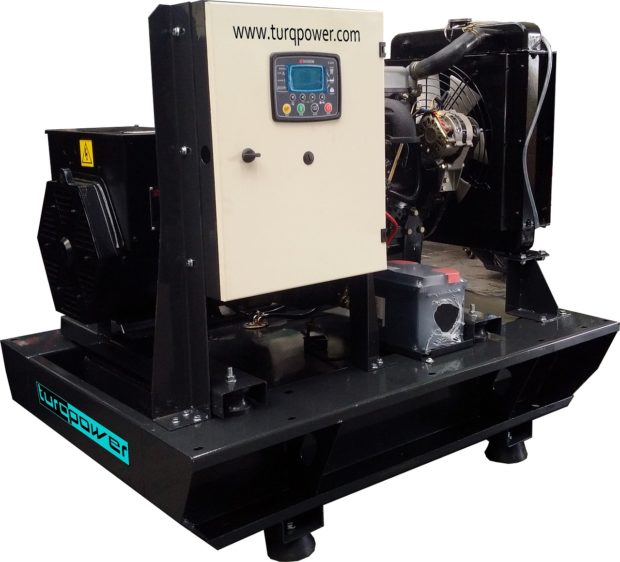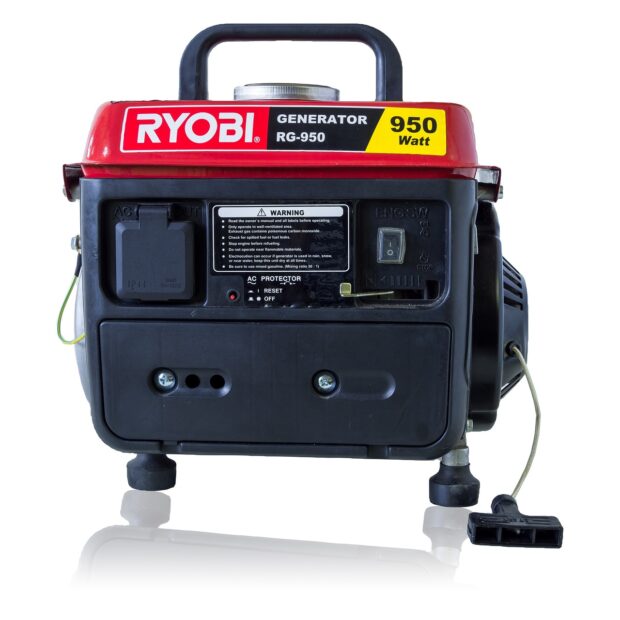A residential generator is a great way to ensure that your home will stay powered in the event of an emergency. Whether it’s a natural disaster or a simple power outage, generators provide a reliable source of energy. But how can you make sure that you’re getting the most out of your investment? Let’s take a look at how best to use residential generators.
Know Generator Types
The first step is to determine what type of generator will be most suitable for your needs. There are two main types: portable and standby generators. Portable generators are typically more affordable, but they will require manual set up and refueling. Standby generators, on the other hand, are permanently installed and automatically turn on when power goes out; however, they tend to be more expensive than portable models. Consider all your options before making a purchase so that you can get the best value for your money.

Size Considerations
When selecting a residential standby generator for your home, keep in mind not only the size of your home, but also of the generator. It is important to know exactly how much wattage is necessary for certain appliances and electronics that you plan to keep powered with the generator. You should also factor in any additional items that might require power in the event of an emergency such as lights or medical devices. Knowing exactly what you need will help ensure that you purchase the right size generator for your needs.
Proper Installation
Once you have chosen the right generator for your budget, it’s time to install it correctly. You should always consult with an electrician who has experience dealing with residential generators to ensure that everything is done properly and safely. Make sure that all wiring is up-to-code so as not to create any potential hazards later down the line. Also, note that some states may require permits for installation; check with local authorities before you begin any work on the unit itself just to be safe.

Running Your Generator
Finally, make sure you know how best to use your generator once it has been safely installed in your home. Be sure that all appliances are turned off before starting the generator and never run it indoors as this could lead to carbon monoxide poisoning or other health risks due to fumes from diesel fuel or gasoline engines used in many residential units. Additionally, be aware of fuel safety protocols by storing fuel away from heat sources such as furnaces or stoves and following manufacturer instructions regarding proper refueling techniques after each use.
Generator Safety
The most important thing when it comes to using a generator is safety. It’s essential that you take all necessary precautions when operating a generator, especially if you are using one that runs on gasoline or diesel fuel. Check for leaks regularly, and always make sure there is plenty of ventilation around the generator. If you are running an extension cord from your generator, make sure it is rated for outdoor use and do not overload it with too many appliances at once. Make sure to keep the cords away from water sources as well as combustible materials such as gasoline and kerosene.
Proper Maintenance and Storage
It’s also important to perform regular maintenance on your residential generator in order to keep it in top shape and ready for use whenever needed. Be sure to check for any worn-out parts or leaks before each use; this will help prevent malfunctions or accidents during operation. Additionally, make sure that your residential generator is stored properly when not being used; this includes keeping it away from combustible materials such as gasoline or kerosene and making sure that there is adequate ventilation around the unit at all times.
A residential generator can provide peace of mind during times of emergency or power outages. By ensuring proper installation and taking necessary safety precautions while running the unit itself, homeowners can get optimal performance from their investment while still protecting themselves and their families from potential hazards caused by improper use of these powerful tools. With a little bit of knowledge and some common sense practices, everyone can benefit from having access to reliable backup power during unexpected events!
